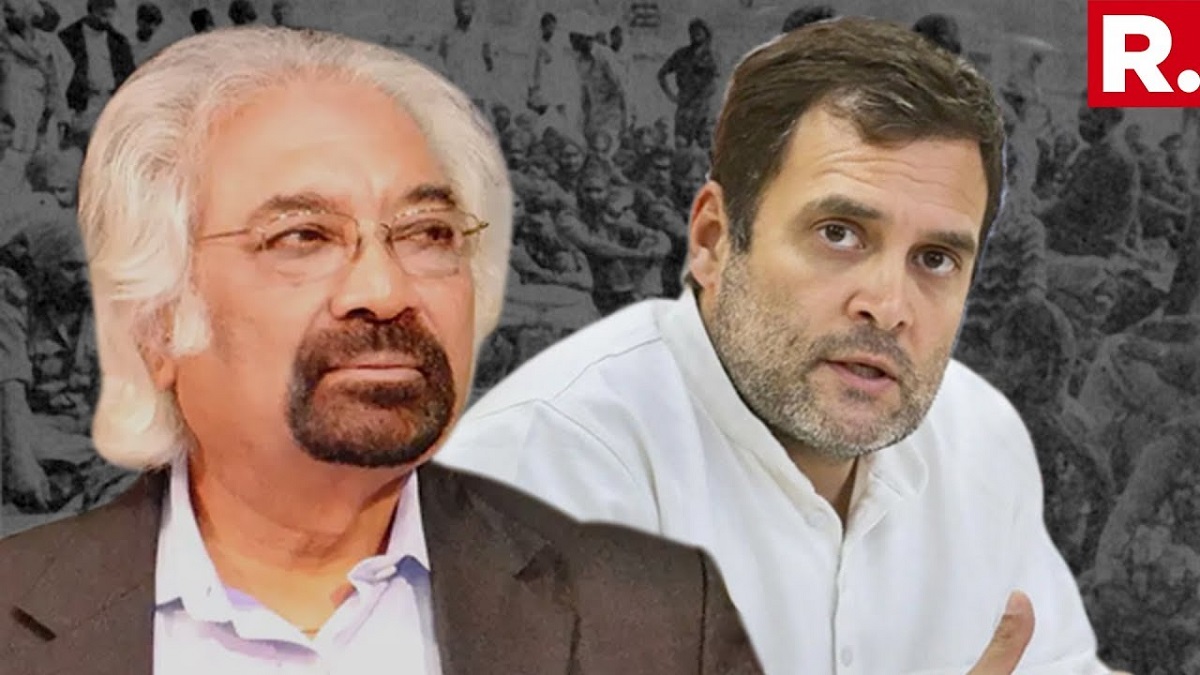
The Indian Overseas Congress Chairman, Sam Pitroda, reignited the debate surrounding inheritance tax, prompting a political tug-of-war between the Congress and the BJP. Pitroda’s advocacy for this tax led to the Congress party’s swift disassociation, revealing underlying tensions within the political spectrum. However, India’s past encounters with inheritance tax reveal a turbulent history marked by inadequate revenue generation and rampant tax evasion, ultimately prompting Congress to relinquish its pursuit of this fiscal policy.
The Ill-Fated Journey of Estate Duty
In 1953, India embraced the Estate Duty, aimed at promoting wealth distribution and bolstering state finances. Yet, despite noble intentions, this tax failed to fulfill its objectives. Initially met with optimism, Estate Duty’s revenue fell drastically short of expectations, with evasion becoming alarmingly prevalent. Reports surfaced highlighting the ineffectiveness of the tax, as it birthed a burgeoning black economy while yielding minimal revenues for the central coffers.
Abolition Amidst Discontent
As disillusionment with Estate Duty grew, the government under Finance Minister V.P. Singh took decisive action in 1985, abolishing the tax. Singh cited Estate Duty’s failure to address wealth inequality and its exorbitant administrative costs as grounds for its demise. This move marked the end of an era marred by fiscal inefficiency and administrative burdens, as the government sought alternative avenues for revenue generation.
Intermittent Resurgence and Subsequent Retreat
In subsequent years, the specter of inheritance tax periodically resurfaced, championed by figures like P. Chidambaram and Jayant Sinha. However, these endeavors were met with skepticism, as concerns regarding evasion and economic viability persisted. Despite intermittent calls for its reinstatement, inheritance tax remained a contentious issue, overshadowed by its historical shortcomings.
Global Parallels and Lessons Learned
Internationally, countries like the US, the UK, and France have grappled with inheritance tax, each with varying degrees of success. While some nations have sought to mitigate evasion through stringent regulations, others have contemplated abolishing the tax altogether. India’s journey with inheritance tax mirrors these global complexities, underscoring the need for nuanced fiscal policies tailored to local contexts.
Congress’s decision to abandon inheritance tax reflects a sobering acknowledgment of its historical failures and pragmatic concerns. As India navigates the intricacies of fiscal policymaking, the discourse surrounding wealth distribution and tax reform continues to evolve. While the allure of inheritance tax persists, its implementation remains fraught with challenges, prompting policymakers to tread cautiously in their pursuit of fiscal equity.






